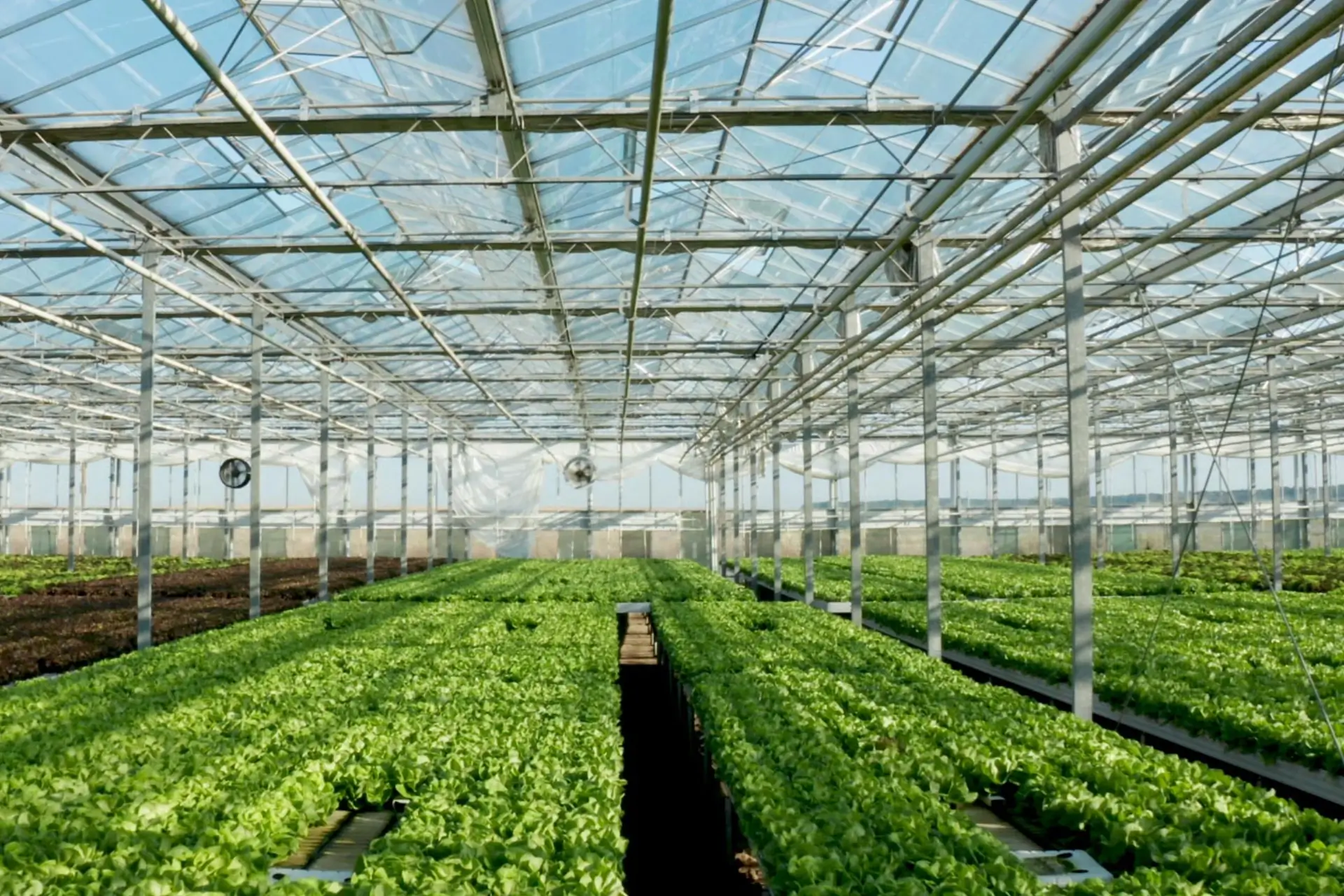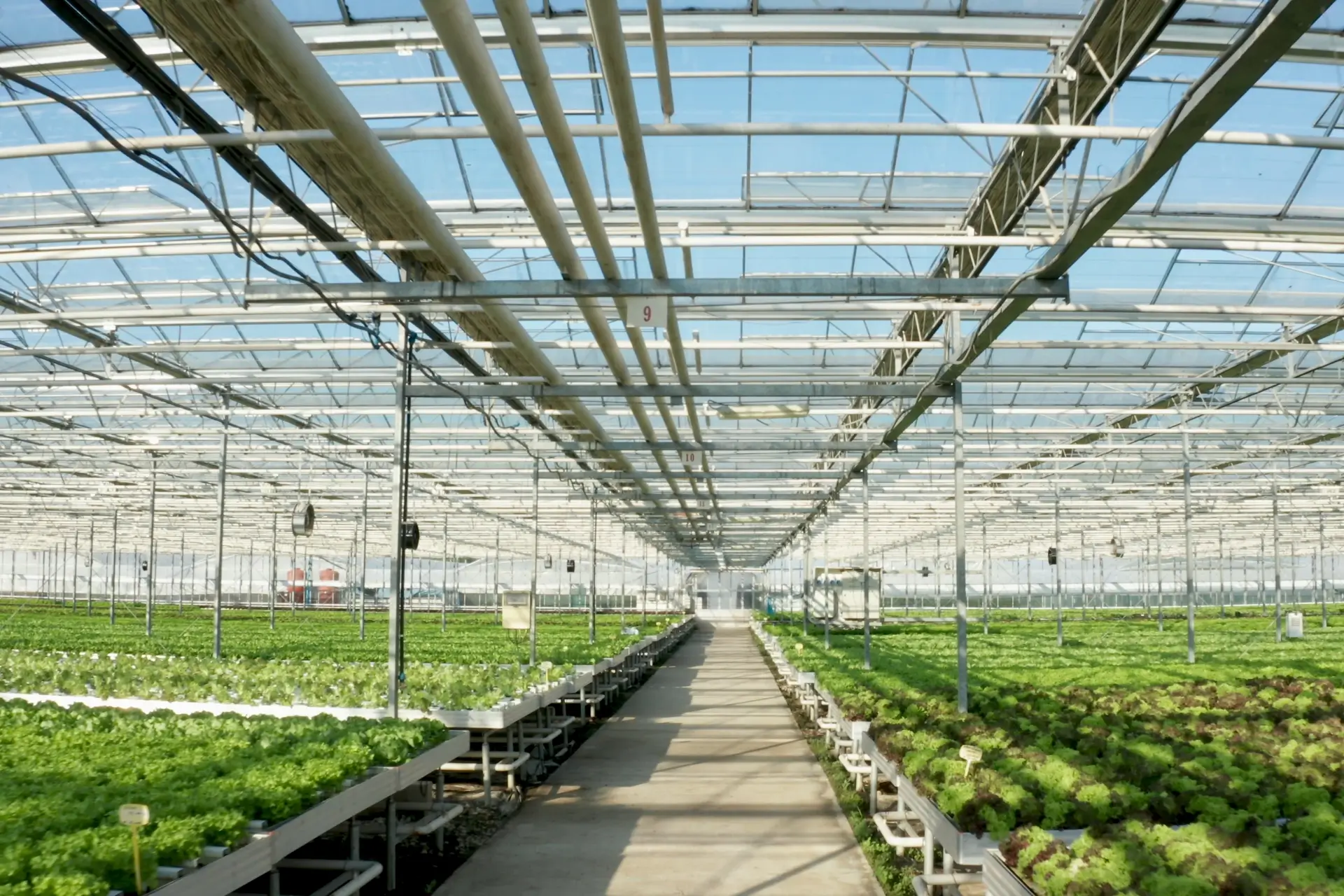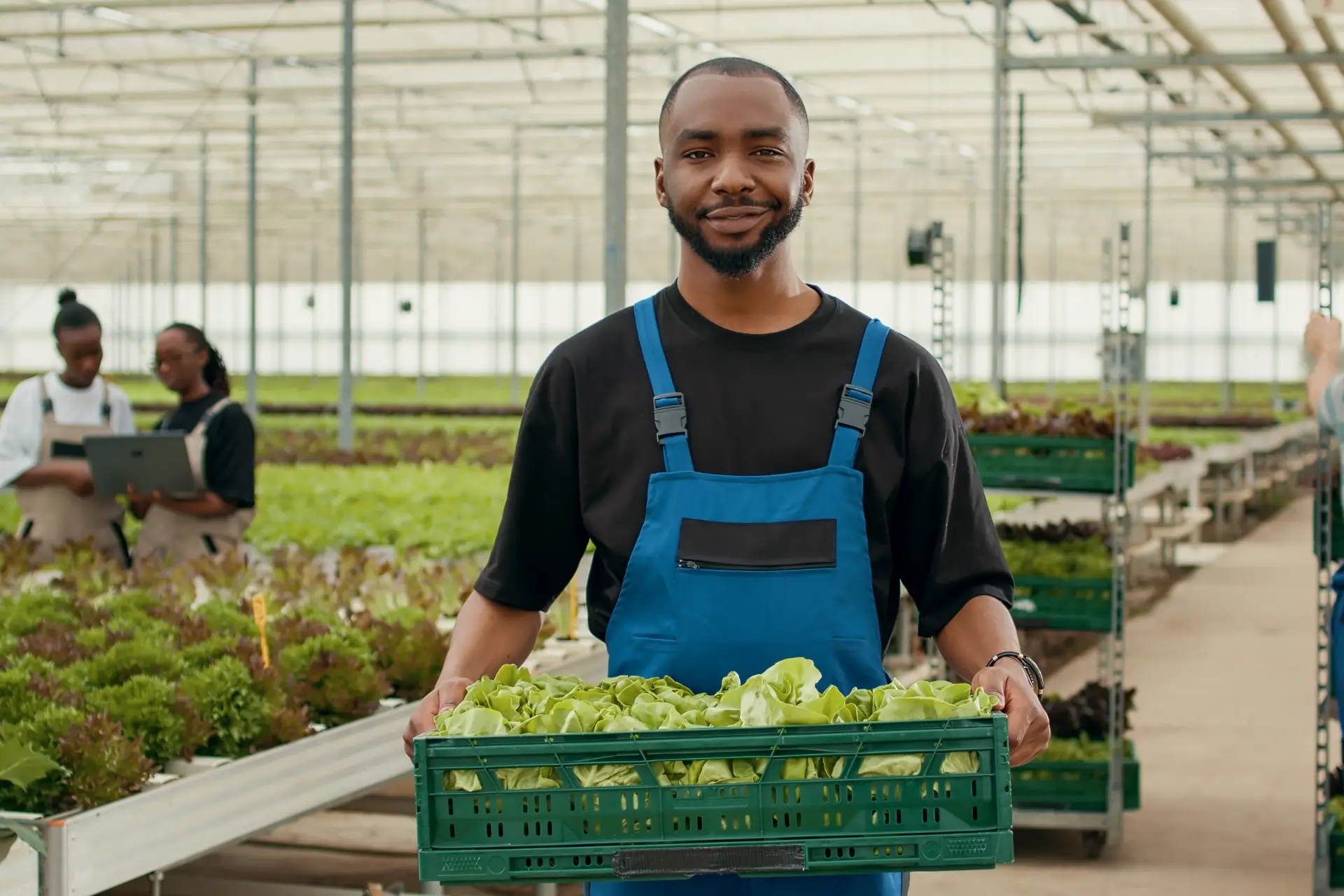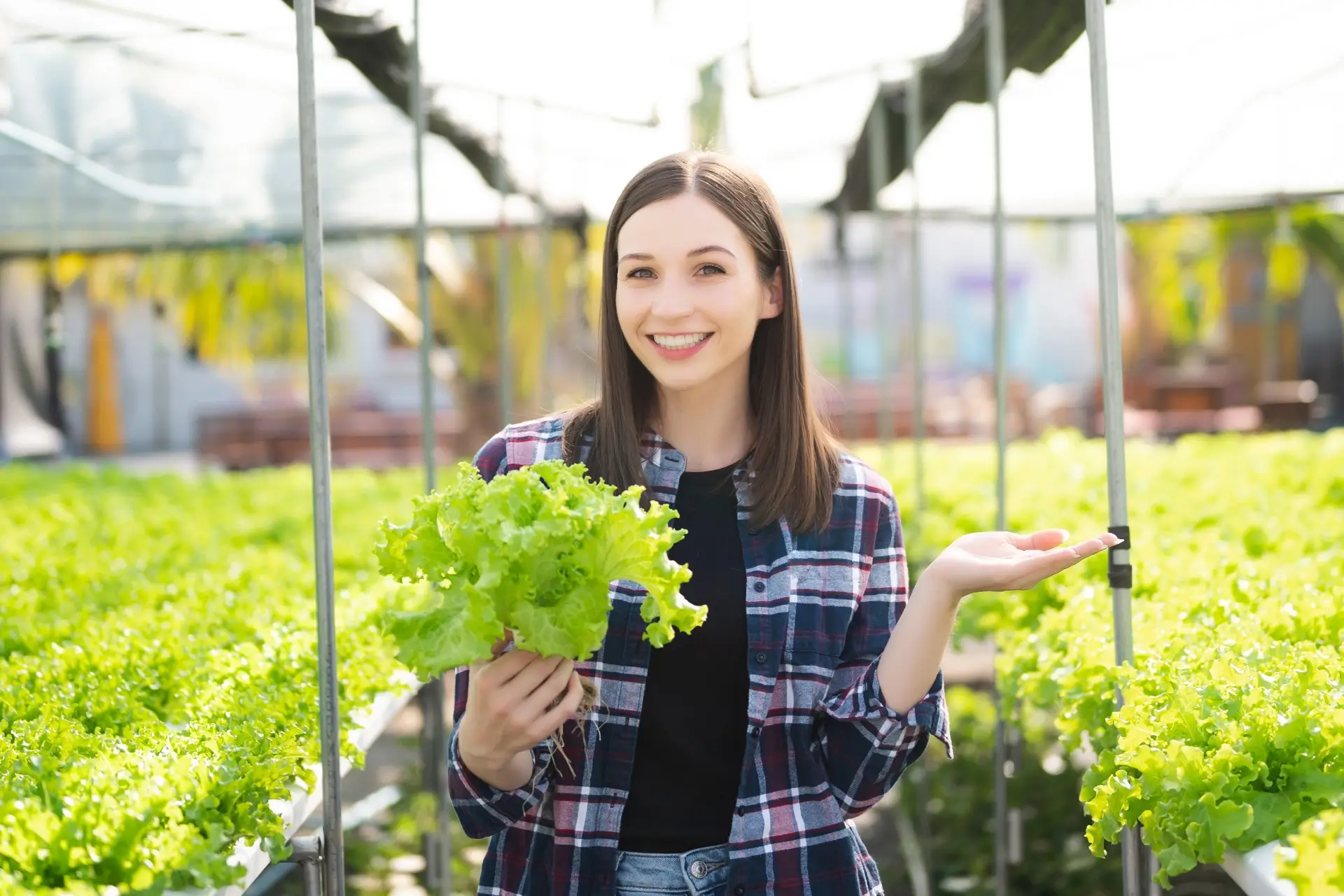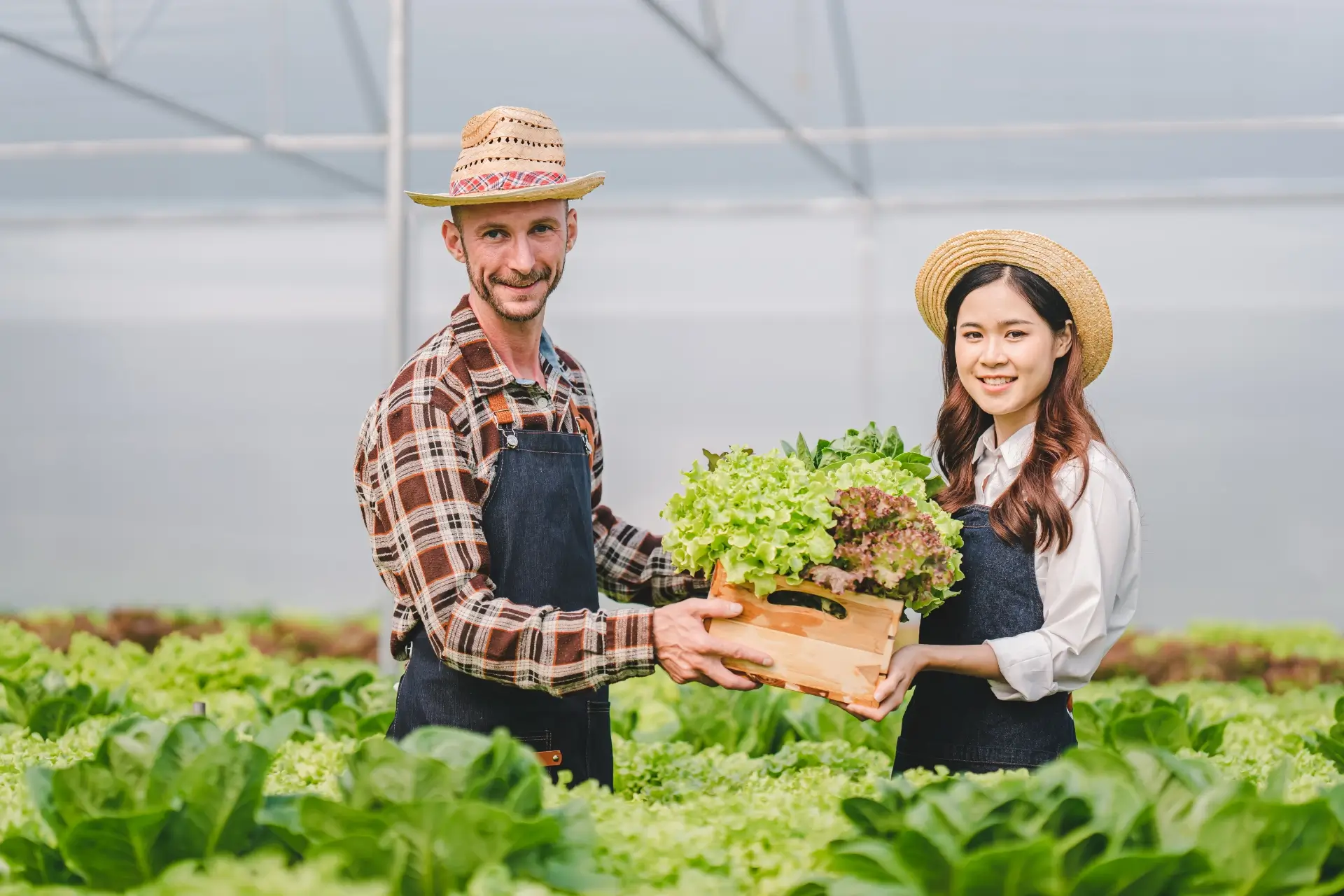In an era marked by climate instability, population growth, and shrinking natural resources, the world is urgently seeking smarter, more sustainable methods to produce food. Traditional agriculture, while foundational, often struggles to keep up with modern challenges—particularly in terms of water use, land availability, and environmental impact. This has paved the way for innovative solutions like hydroponics, a method of growing plants without soil that is transforming the future of farming
"The future of agriculture is innovation that respects people and the planet. Sustainable practices cultivate a world where food production meets needs while safeguarding resources."
Tom Vilsack, U.S. Secretary of Agriculture
Hydroponics offers a compelling alternative to conventional farming, combining efficiency with sustainability. By controlling growing environments and minimizing resource usage, hydroponic systems can produce healthier crops faster, with less impact on the environment. It’s not just an alternative—it’s a glimpse into the next generation of food production.
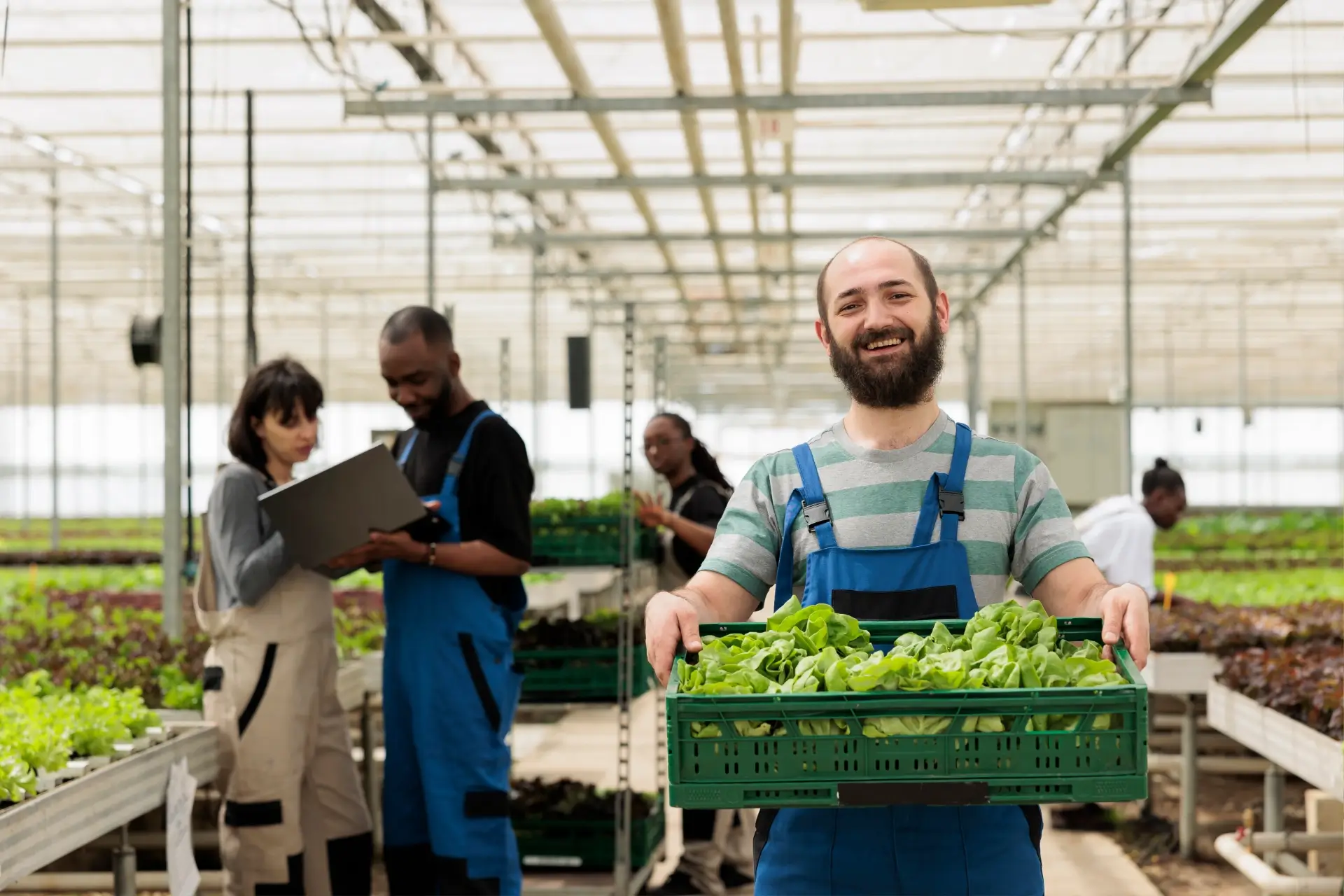
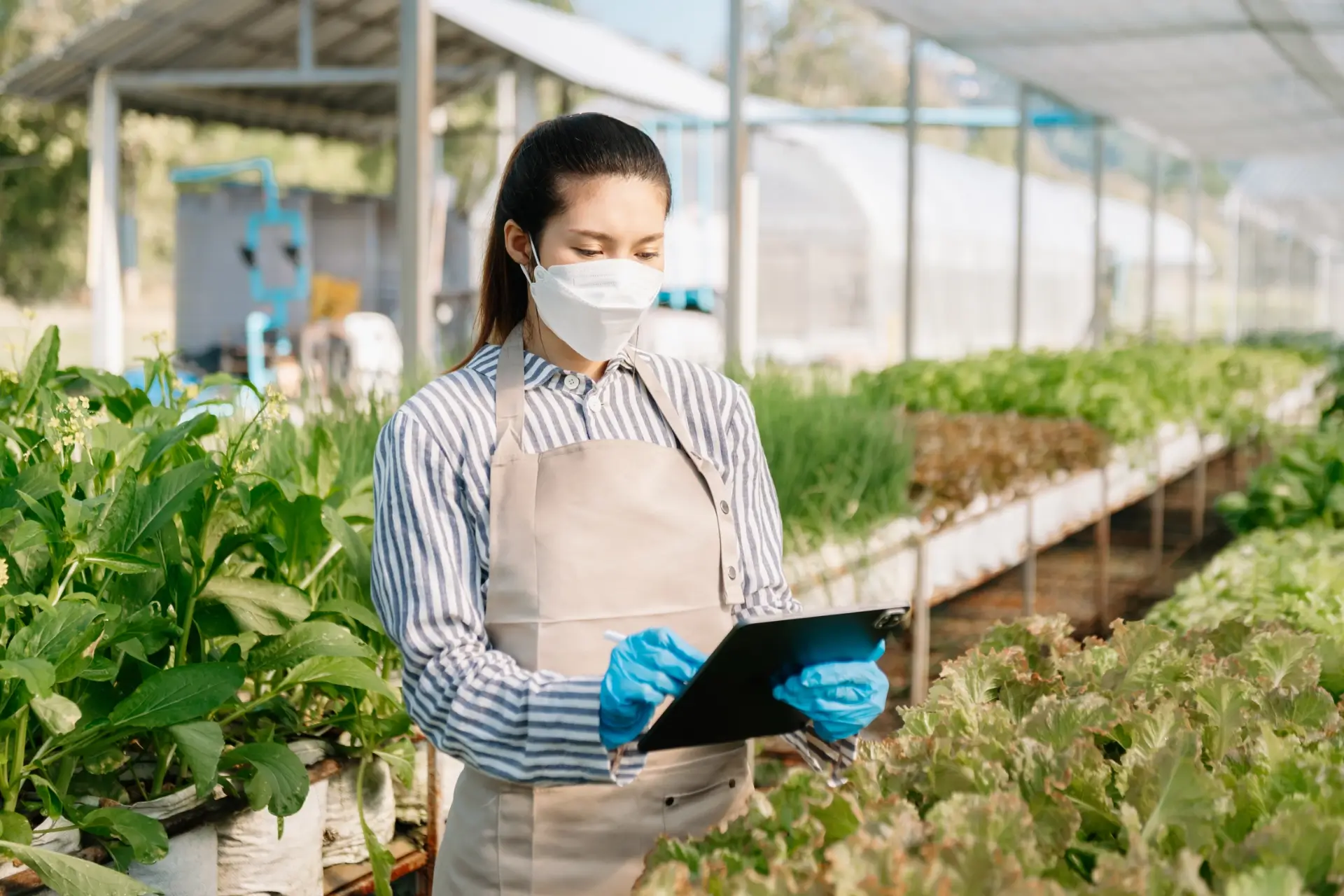
Why is Hydroponics a Game Changer?
Amid global challenges like climate change, land scarcity, and water crises, traditional farming struggles to meet the growing demand for food. This is where hydroponics emerges as a revolutionary solution—efficient, sustainable, and highly adaptable. Here's why hydroponics is becoming a game changer in the future of agriculture:
1. Significantly Reduces Water Usage Compared to Traditional Farming
2. Removes the Need for Fertile Soil and Arable Land
3. Accelerates Plant Growth with Optimized Conditions
4. Produces Cleaner Crops with Minimal Pesticides
5. Maximizes Space Through Vertical Farming Techniques
Hydroponics isn't just a trend—it's a practical answer to today’s food challenges. With its water efficiency, space-saving potential, and ability to grow crops anywhere, hydroponics opens the door to a cleaner, greener, and more resilient agricultural future. In an age of rapid urbanization and climate uncertainty, solutions like hydroponics are not optional—they're essential.


